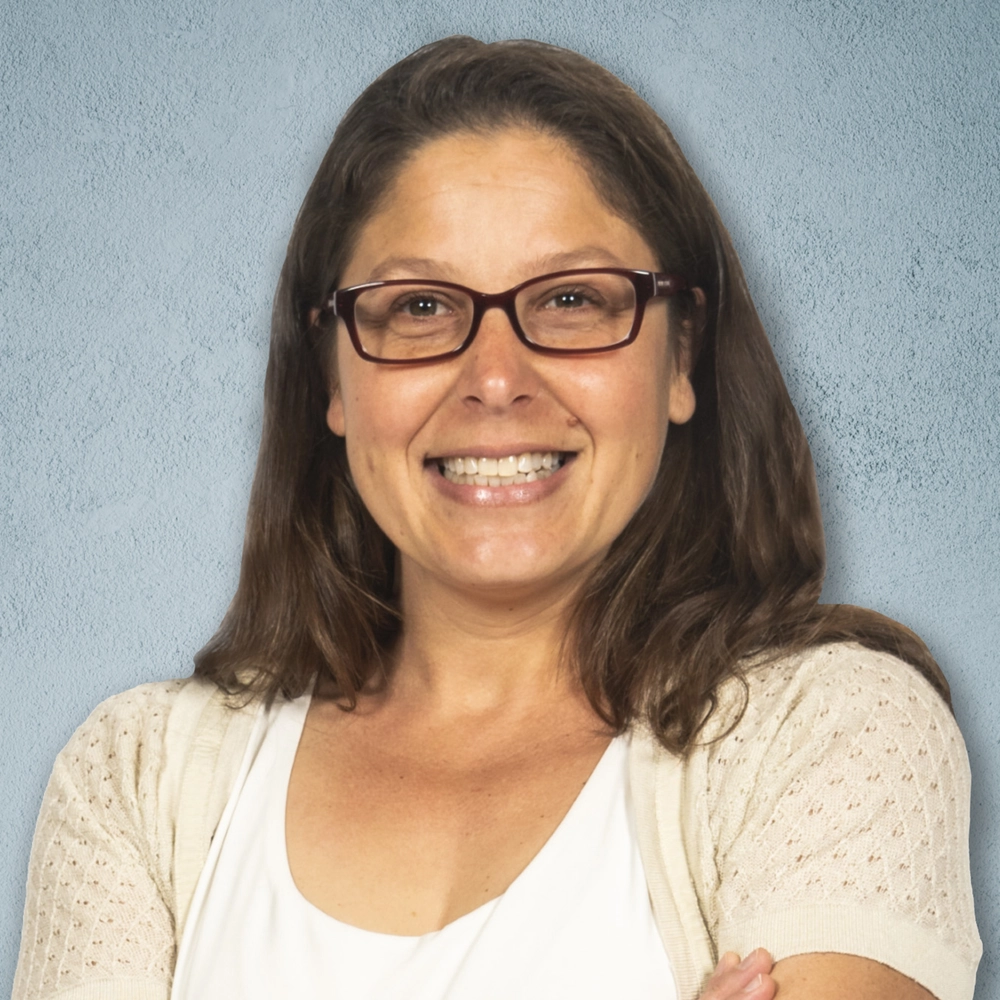
Professor Lisa Olshansky has been selected as a Cottrell Scholar by the Research Corporation for Science Advancement, which is a foundation dedicated wholly to science.
In this year's class of Scholars, RCSA has named a diverse group of 24 early career scientists in chemistry, physics and astronomy as recipients of its 2022 Cottrell Scholar Awards. Each awardee receives $100,000.
“These exceptional teacher-scholars are chosen not just for their research and educational programs but for their potential to become academic leaders at their institutions and beyond,” said RCSA President & CEO Daniel Linzer.
Several Chemistry at Illinois faculty members are Cottrell Scholars: Nancy Makri (selected in 1994); Martin Gruebele (1995); Catherine Murphy (1996); Paul Selvin (2000); and Wilfred van der Donk (2000).
Recipients are chosen through a rigorous peer-review process of applications from a wide variety of public and private research universities and primarily undergraduate institutions in the United States and Canada. Their award proposals incorporate both research and science education.
As their careers advance, Cottrell Scholars become eligible to compete for several additional levels of funding through the Cottrell Plus Awards. Scholars meet each July at the annual Cottrell Scholar Conference to network, exchange ideas, and develop collaborative projects with potential national impact. This year’s event is scheduled for July 6-8 in Tucson, Arizona.
“The class of 2022 joins an innovative and impactful community,” said RCSA Senior Program Director Silvia Ronco. “We look forward to seeing these latest awardees leave their mark on the face of science and academia throughout their careers.”
As a Cottrell Scholar, Olshansky will be pursuing the following research and educational projects.
"Exploring and Exploiting Conformational Dynamics for Proton-Coupled Electron Transfer"
Proton-coupled electron transfer (PCET) processes mediated by metalloenzymes govern global bio- and geochemical cycles are nearly always controlled by rate-limiting conformational changes. However, most synthetic and artificial PCET systems ignore the powerful role that conformational gating can play in mediating reactivity.
With support from the Cottrell Scholars Award, the Olshansky lab is creating metallocofactor mimics in which carboxylate-mediated hydrogen-bond interactions are manipulated to control PCET reactivity. They will use these systems to define factors governing proton and electron transfer energetics and kinetics, as influenced by carboxylate shift dynamics.
In synergistic educational work, Olshansky is also using Cottrell Scholars funding to support an initiative called C2 (Chemistry through Community) that promotes a sense of community and sharing of knowledge among graduate and undergraduate students from underrepresented groups. The program combines one-on-one peer mentorship, networking and professional development workshops, research fellowships, presentations, and travel awards to create a community of scholars in which assumed knowledge is explicitly transmitted, role models are celebrated, and excellence and diversity thrive at Illinois Chemistry.